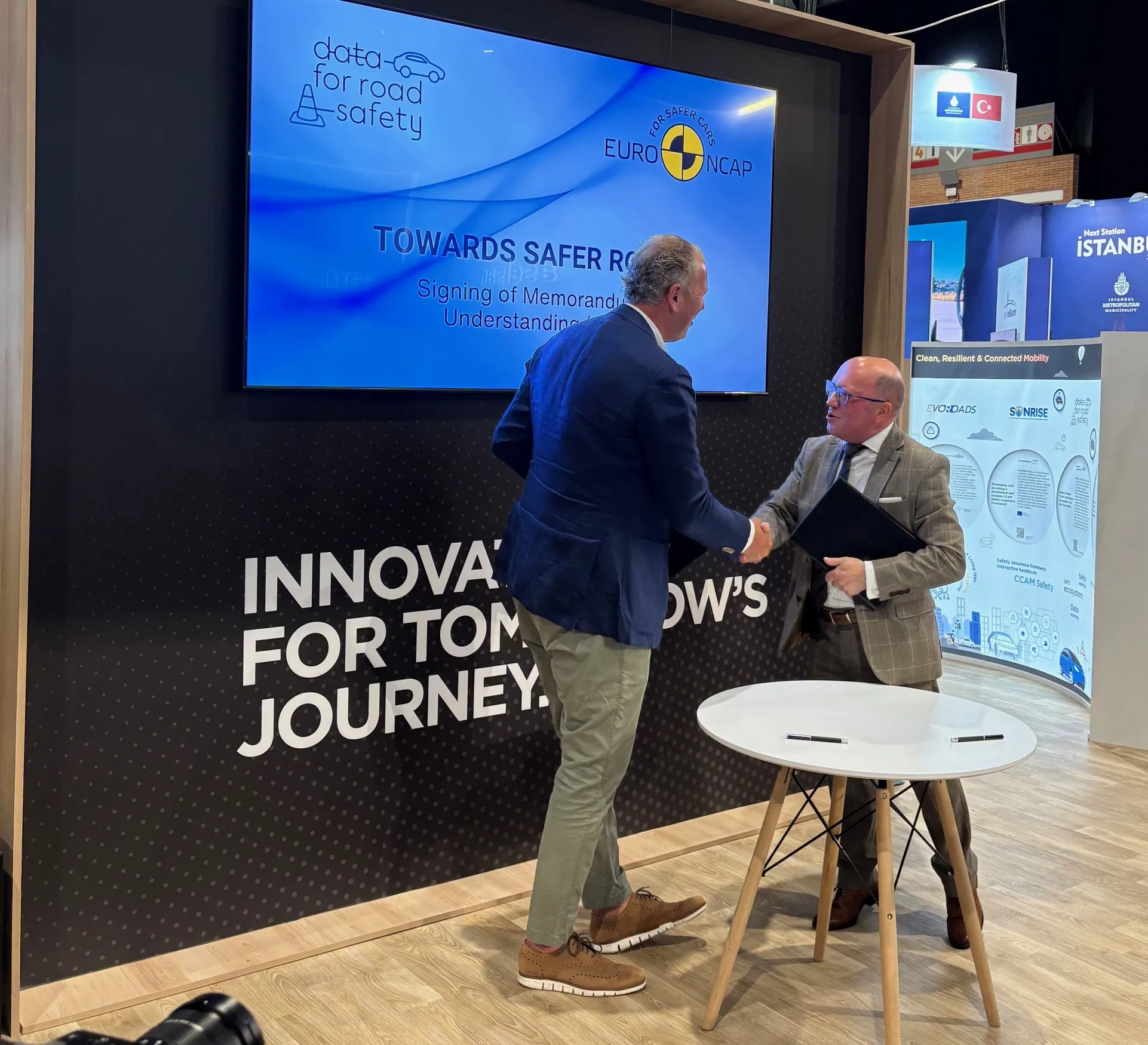A broad coalition of insurance, the automotive aftermarket, leasing and consumers has joined forces to release a statement voicing their concern that consumers’ interest are not being placed at the centre of discussions around the possible technical solutions to access in-vehicle data.
In addition to undermining free consumer choice, the solution promoted by some stakeholders would also undermine competition, innovation and independent entrepreneurship.
The members of AFCAR: Alliance for the Freedom o
December 15, 2016
Read time: 2 mins
A broad coalition of insurance, the automotive aftermarket, leasing and consumers has joined forces to release a statement voicing their concern that consumers’ interest are not being placed at the centre of discussions around the possible technical solutions to access in-vehicle data.
In addition to undermining free consumer choice, the solution promoted by some stakeholders would also undermine competition, innovation and independent entrepreneurship.
The members of AFCAR: Alliance for the Freedom of Car Repair in Europe have been joined by Insurance Europe and Leaseurope to issue the statement.
The statement has been issued in reaction to a proposal to access in-vehicle data presented by European parts suppliers and vehicle manufacturers. This approach would channel all future communication and data access through the vehicle manufacturer’s proprietary server.
Only part of the data generated would be sent to a ‘neutral server’ and be accessible for independent operators. This solution would not allow direct communication with the vehicle and still grants vehicle manufacturers full control to decide how, when and to whom data access will be granted. The coalition believes this solution undermines vehicle owners’ right to decide who they share their data with and for what purposes.
The coalition calls upon the European Institutions to create a robust regulatory framework for an interoperable, standardised, secure and safe digital in-vehicle telematics platform, to maintain true consumer choice for all car services.
In addition to undermining free consumer choice, the solution promoted by some stakeholders would also undermine competition, innovation and independent entrepreneurship.
The members of AFCAR: Alliance for the Freedom of Car Repair in Europe have been joined by Insurance Europe and Leaseurope to issue the statement.
The statement has been issued in reaction to a proposal to access in-vehicle data presented by European parts suppliers and vehicle manufacturers. This approach would channel all future communication and data access through the vehicle manufacturer’s proprietary server.
Only part of the data generated would be sent to a ‘neutral server’ and be accessible for independent operators. This solution would not allow direct communication with the vehicle and still grants vehicle manufacturers full control to decide how, when and to whom data access will be granted. The coalition believes this solution undermines vehicle owners’ right to decide who they share their data with and for what purposes.
The coalition calls upon the European Institutions to create a robust regulatory framework for an interoperable, standardised, secure and safe digital in-vehicle telematics platform, to maintain true consumer choice for all car services.










